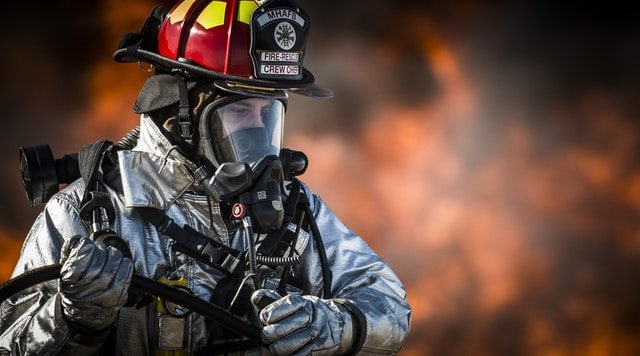The recent Anniversary of the attack on our country on September 11, 2001 reminds all of us of the sacrifice first responders made not only that day, but every day. Law enforcement and first responders put their lives in danger everyday to protect and serve our country. They have very high-risk and unpredictable jobs and you can never assume exactly what will happen in any given day. Unfortunately, we know that disasters and accidents can happen. First responders can get critically injured and even lose their lives while in the line of duty. Something that is often overlooked by many people, including first responders, is estate planning. In reality, everyone should have an estate plan to pass on assets and care for the loved ones that they leave behind, and first responders are certainly no exception. When you have a high stakes job, it is that much more important to make sure that your loved ones are provided for if you should die or become incapacitated unexpectedly.
If you have children, they are often your first concern when you think about what will happen when you die. When drafting an estate plan, you will need to decide who you want to be the guardian for any minor children if you and the other parent are unable to do so. Without this designation, the court will appoint a guardian without knowing your family members or your children. You also need to create a will in order to designate who you want to receive your assets. If you are married, most people want their assets to go to their surviving spouse. But if you were both to die, then you need to make arrangements to leave assets to care for your children. A common way to accomplish this is through a trust. A trust allows you to place assets in it for the benefit of beneficiaries. Trusts are an attractive option because they are more private than a will, are not subject to estate taxes, and allow flexibility with asset division and disbursement. Typically, your minor children would receive their inheritance when they turn 18 years old in one lump sum. If you don’t trust your children to spend this money wisely, trusts can help avert this issue. With a trust, you can put your children’s inheritance into an education fund for college, or simply make it so that they receive smaller increments over a longer period of time instead of the lump sum.
Reviewing life insurance policies is important, especially for first responders. If something were to happen to you, you need to make sure that your income can be replaced with your policy. Long-term and short-term disability are also things that you should consider as a first responder and be able to account for if needed. Some first responders get disability income insurance in addition to life insurance, as life insurance does not pay for disabilities. You and/or your spouse will need to select someone for your medical and financial powers of attorney. The individual that you select for you medical POA will make decisions on your behalf as far as treatment and other medical decisions. It is very important that this person understands and supports your wishes. You should be able to trust them to carry those wishes out if need be. [1] Since this can be a difficult topic to discuss with loved ones or a spouse, some people choose a close friend for this power. They won’t be as involved in the family dynamics or emotions and may be better suited to ultimately, make life and death decisions for you. The person that you select for financial POA must also be someone that you trust to keep up with your bills and debt in addition to their own. These powers come with a lot of responsibility and the people that you select have to be very trustworthy and fully understand what is being asked of them.
Estate planning in general can cause difficult decisions, but they need to be made. As a first responder, getting your estate plan together as soon as possible is imperative. With a high risk job, estate planning is the only way to ensure that your family and loved ones are protected and cared for if something happens to you while in the line of duty.
[1] “Estate Planning For Law Enforcement And First Responders – Theus Law”. Theus Law, 2018, http://www.theuslaw.com/estate-planning-law-enforcement-first-responders/


